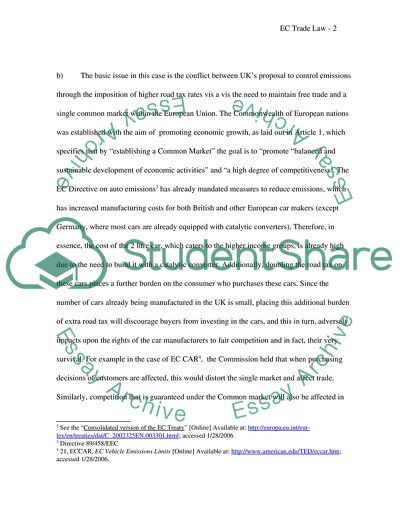Cite this document
(EC Trade Law Essay Example | Topics and Well Written Essays - 1500 words, n.d.)
EC Trade Law Essay Example | Topics and Well Written Essays - 1500 words. https://studentshare.org/law/1703161-ec-trade-law
EC Trade Law Essay Example | Topics and Well Written Essays - 1500 words. https://studentshare.org/law/1703161-ec-trade-law
(EC Trade Law Essay Example | Topics and Well Written Essays - 1500 Words)
EC Trade Law Essay Example | Topics and Well Written Essays - 1500 Words. https://studentshare.org/law/1703161-ec-trade-law.
EC Trade Law Essay Example | Topics and Well Written Essays - 1500 Words. https://studentshare.org/law/1703161-ec-trade-law.
“EC Trade Law Essay Example | Topics and Well Written Essays - 1500 Words”. https://studentshare.org/law/1703161-ec-trade-law.


